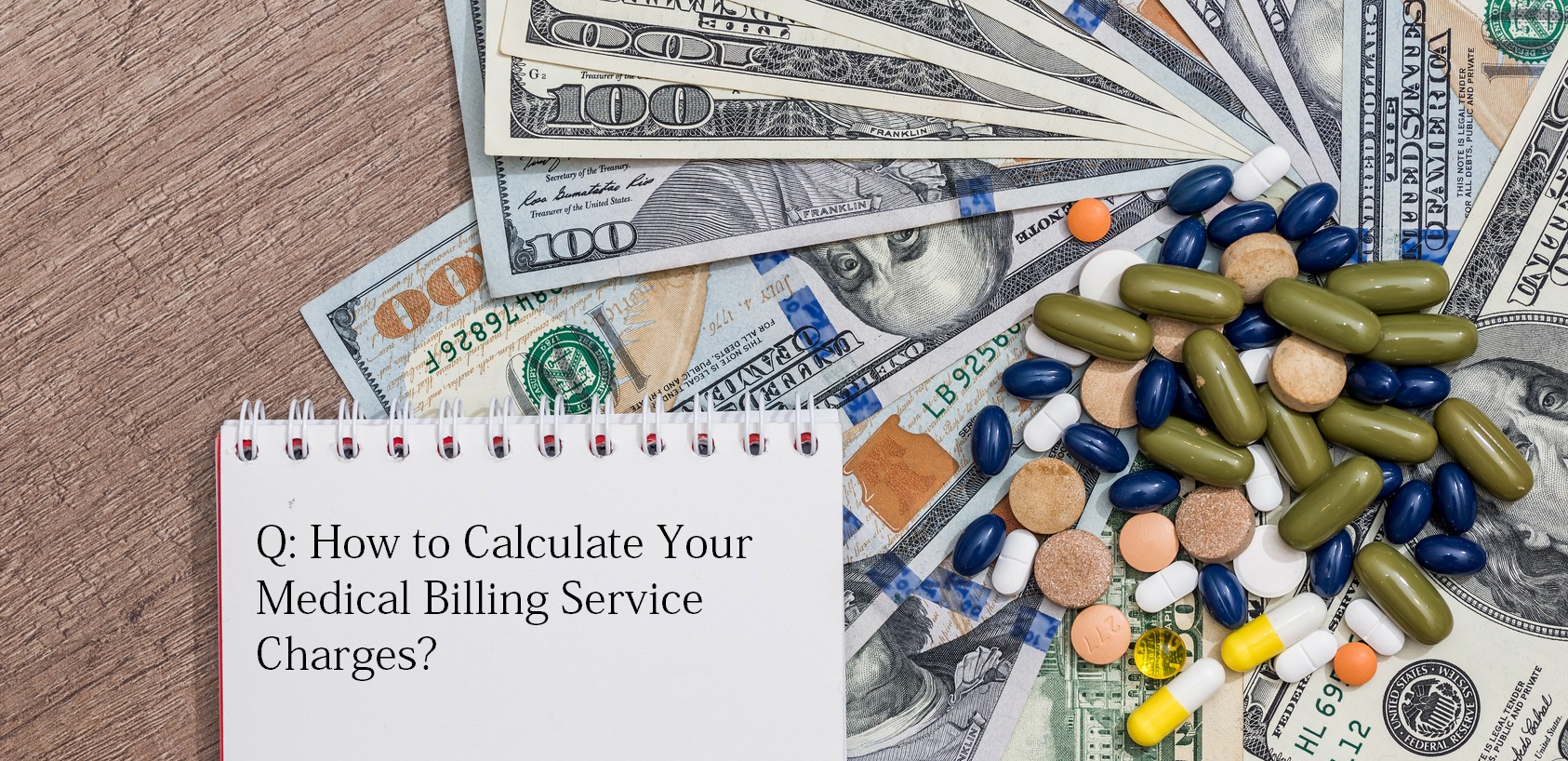How do Medical Billing Services Charge Customers?
Medical billing services are an essential part of the healthcare industry, ensuring the smooth processing of patient claims and maximizing revenue for medical practices. It is crucial to understand the different ways these services charge customers, so you can make an informed decision when selecting the right partner for your practice. In this article, we will discuss various pricing structures, including per claim fees, per hour fees, percentage-based medical billing fees, and hidden fees to watch out for.
Per Claim Fees
Per claim fees are a popular pricing structure for medical billing services, where customers are charged a fixed fee for each claim processed. This model offers transparency and predictability, as practices can easily calculate their expenses based on the number of claims they submit. Per claim fees typically range from $1 to $7, depending on the complexity of the claim and the billing service provider. However, this model may not be cost-effective for practices with a high volume of claims, as the cost can add up quickly.
Per Hour Fees
Some medical billing services charge customers per hour fees, billing for the actual time spent working on the practice’s account. This pricing model is suitable for practices that require more personalized attention and flexibility in their billing process. The hourly rate can vary, but it usually ranges from $20 to $50 per hour. It is essential to ensure that the billing service provides a clear outline of the tasks performed and the time spent on each to avoid any misunderstandings.
Percentage-Based Medical Billing Fees
Percentage-based medical billing fees are another common pricing model, where the billing service charges a percentage of the practice’s total revenue or collections. This model aligns the billing service’s incentives with the practice, as they are rewarded for maximizing collections. The percentage can range from 3% to 10%, depending on factors such as the practice’s size, specialty, and average claim value. While this model can be advantageous for smaller practices with lower claim volumes, it may not be the most cost-effective option for larger practices with substantial revenues.
Hidden Fees to Watch Out For
When choosing a medical billing service, it is crucial to be aware of any hidden fees that may not be apparent upfront. These can include fees for claim resubmissions, patient statements, and software usage. Make sure to carefully review the service agreement and ask for clarification on any fees that are unclear to avoid surprises down the line.
Understanding the different pricing structures for medical billing services is essential for selecting the right partner for your practice. By considering per claim fees, per hour fees, percentage-based medical billing fees, and hidden fees, you can make an informed decision that best suits your practice’s needs and budget.
COMPARE QUOTESUnderstanding Startup Costs for Medical Billing Services
When starting a medical billing service or integrating one into your existing medical practice, it’s essential to understand the various startup costs involved. These costs will vary depending on the size and scope of your billing service, but some common expenses include software and hardware, staff training, office space, and marketing. In this article, we will discuss these costs and provide insights into how to budget and plan for your medical billing service startup.
Software and Hardware
Software and hardware are crucial components of a medical billing service, as they enable the efficient and accurate processing of claims. You will need to invest in medical billing software, which can range from $500 to $10,000, depending on the features and complexity. Additionally, you may need to purchase computer hardware, such as desktops, laptops, printers, and scanners, to support your billing operations. The cost for this equipment will vary but budgeting between $1,000 and $5,000 is a good starting point.
Staff Training
Proper staff training is essential to ensure your medical billing service operates efficiently and maintains compliance with industry regulations. This may include initial training for new employees or ongoing education for existing staff. Costs for training can vary widely, from $200 for online courses to $2,000 or more for comprehensive in-person training programs. Be sure to account for these expenses in your startup budget.
Office Space
If you plan to operate your medical billing service from a dedicated office space, you will need to budget for rent, utilities, and office furniture. The cost of office space will depend on factors such as location, size, and lease terms. A small office space may cost between $500 and $2,000 per month, while larger spaces can be significantly more expensive. Don’t forget to include the cost of office furniture, such as desks, chairs, and filing cabinets, which can range from $1,000 to $5,000 or more.
Marketing
Attracting clients to your medical billing service will require marketing efforts, including creating a website, developing promotional materials, and engaging in advertising. The cost of marketing can vary depending on your approach, but budgeting between $1,000 and $5,000 for initial marketing efforts is a good starting point. Keep in mind that ongoing marketing expenses will also need to be factored into your operational budget.
In conclusion, understanding and budgeting for the startup costs associated with a medical billing service is essential for a successful launch. By considering software and hardware, staff training, office space, and marketing expenses, you can make informed decisions and set your business up for success.
COMPARE QUOTES